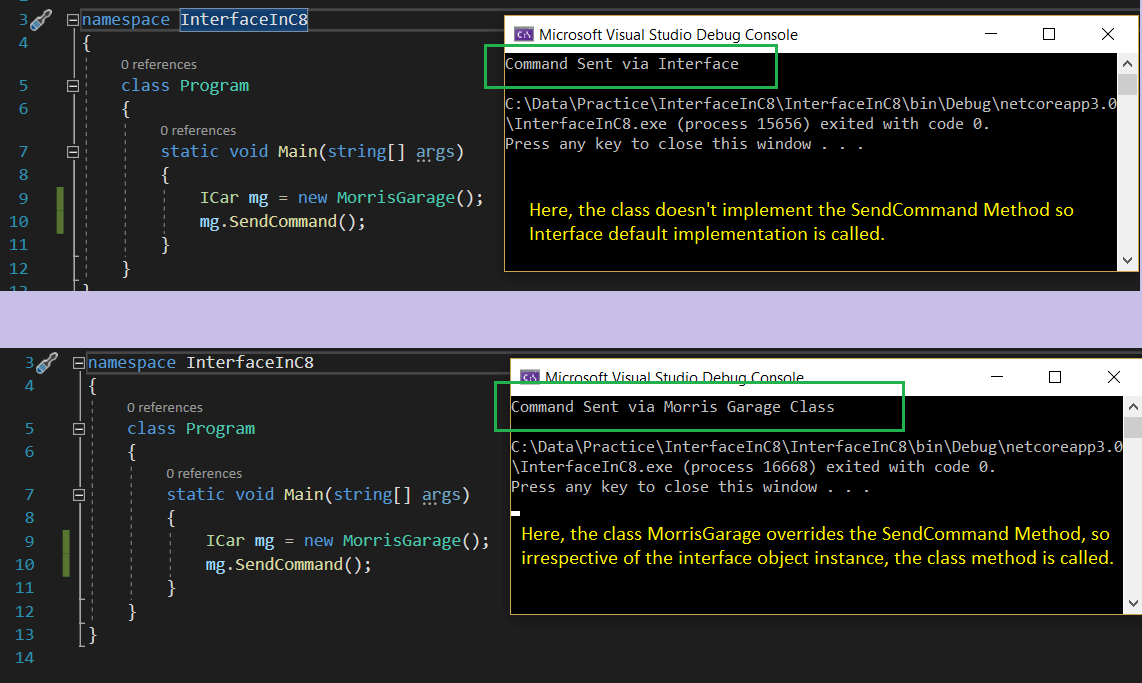
Wemple included Glenn Greenwald's explanation that assassination is "the accurate term rather than the euphemistic term that the government wants us to use" Greenwald further noted that "anyone who is murdered deliberately away from a battlefield for political purposes is being assassinated".

drone program, instead referring to the drone strikes as "assassinations". Controversies Įrik Wemple, writing for The Washington Post, noted the conspicuous refusal of The Intercept to use the term " targeted killings" to refer to the U.S.

military had been banned from reading The Intercept. In August 2014, it was reported that members of the U.S. "It's a criminal act that has us very concerned," said Evanina, a former FBI special agent with a counter-terrorism specialty who was appointed NCE by Director of National Intelligence James R. National Counterintelligence Executive (NCE) William Evanina confirmed that the FBI is moving forward with a probe into how classified documents were leaked to The Intercept for its article revealing details about a database of terrorism suspects, which linked some people to terrorism even if they had no known association with any terrorism group. Judges of the environmental award praised author Sharon Lerner for her piece "The Strange Case of Tennie White", which they described as a "finely written and disturbing investigation of contamination and injustice near a chemical plant in Mississippi". The news organization also won a 2017 award for "Outstanding Feature Story" at the sixteenth annual Awards for Reporting on The Environment.
#Intacept desktop series#
The same year, The Intercept won a Hillman Prize for Web Journalism for an investigative series by Jamie Kalven exposing criminality within the Chicago Police Department. Īt the 2017 Online News Awards, The Intercept won two awards: the first for a feature story about the FBI's efforts to infiltrate the Bundy family, and the second, an investigative data journalism award for "Trial and Terror", a project documenting the people prosecuted in the U.S. At the September 2016 Online News Awards, The Intercept won the University of Florida Award in Investigative Data Journalism for its Drone Papers series, an investigation of secret documents detailing a covert U.S. intelligence analyst Stephen Jin-Woo Kim-produced by Stephen Maing, Laura Poitras, and Peter Maass. drone program, the "humor" category for a series of columns by the writer Barrett Brown, and the "documentary" category for a short film called, "The Surrender"-about the former U.S. The site was awarded in the "special event reporting" category for its investigative reporting on the U.S. In May 2016, The Intercept won three awards at the New York Press Club Awards For Journalism. In April 2016, The Intercept won the People's Voice award for best news website at the twentieth annual Webby Awards.

In February 2016, The Intercept won a National Magazine Award for columns and commentary by the writer Barrett Brown, and it was a finalist in the public interest category for a series by Sharon Lerner called the Teflon Toxin, which exposed how DuPont harmed the public and its workers with toxic chemicals. Co-founders Greenwald and Poitras subsequently left amid public disagreements about the leadership and direction of the organization.

The publication initially reported on documents released by Edward Snowden. It was launched in February 2014 by First Look Media, which is funded by billionaire eBay founder Pierre Omidyar. The Intercept was founded by journalists Glenn Greenwald and Jeremy Scahill and filmmaker Laura Poitras. 4.4 Use of leaked data to solicit donations.


 0 kommentar(er)
0 kommentar(er)
